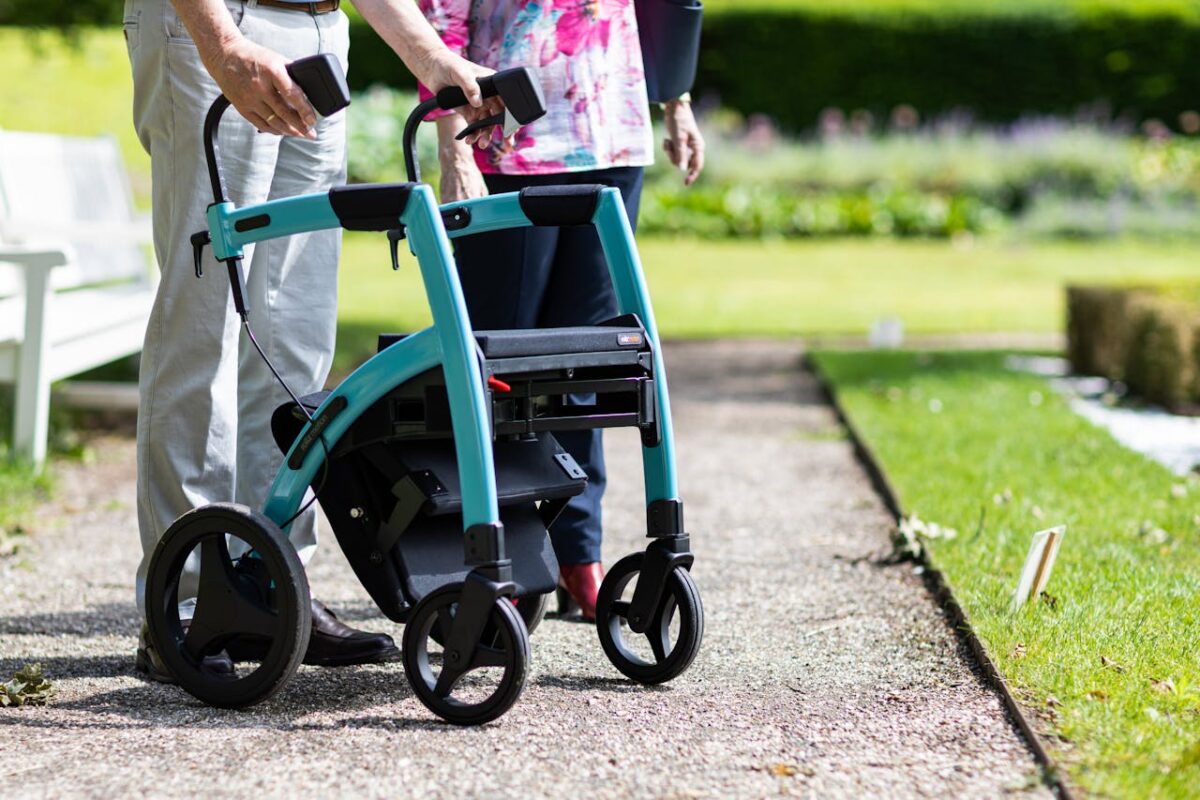Living with Parkinson’s disease poses unique challenges that often require specialized care. How can in-home care services effectively support individuals with Parkinson’s? In this article, we will delve into the pivotal benefits of in-home care, offering insights into how personalized support can enhance the quality of life for patients and their families.
Understanding Parkinson’s Care Needs
Parkinson’s disease is a degenerative neurological condition affecting mobility, leading to stiffness, tremors, and problems with balance. Managing these symptoms requires tailored care that addresses both physical and emotional well-being. Parkinsons in home care services are designed to provide comprehensive support in the comfort of one’s own home, promoting independence and comfort.
Personalized Care Plans
- Tailored Care Strategies: Professional caregivers create customized treatment plans that address the specific needs and challenges faced by individuals with Parkinson’s disease. These plans encompass daily activities, medication management, and therapies aimed at maintaining mobility and reducing symptoms.
- Adaptability to Progression: As Parkinson’s symptoms evolve, caregivers adjust care plans accordingly, ensuring continuous support and effective management of changing health needs.
- Holistic Approach: Professionals integrate holistic approaches that consider physical health and also mental and emotional well-being. This comprehensive strategy helps address the multifaceted aspects of living with the disease, promoting overall wellness.
Benefits of In-Home Care for Parkinson’s Patients
1. Comfort and Familiarity
One of its key advantages is the comfort of receiving assistance in a familiar environment. Patients can stay in their own homes, surrounded by personal belongings and routines that contribute to their emotional well-being.
Moreover, being in a familiar environment also helps reduce stress and anxiety, common challenges for individuals with the disease. Patients can maintain a sense of control over their surroundings, which can positively impact their mood and overall quality of life.
2. Enhanced Quality of Life
- Promoting Independence: Professionals encourage independence by assisting with daily chores like grooming, meal preparation, and household chores, empowering patients to maintain a sense of autonomy.
- Emotional Support: Beyond physical care, they provide emotional support, companionship, and encouragement, which can significantly improve the overall well being of patients suffering from the disease.
- Cognitive Stimulation: They engage patients in cognitive exercises and activities that stimulate mental acuity, helping to preserve cognitive function and enhance mental clarity despite the challenges of the disease.
3. Medication Management
Managing medications is crucial for controlling Parkinson’s symptoms effectively. Professionals help patients adhere to medication schedules, ensuring timely intake and monitoring for any side effects or changes in symptoms.
In-home caregivers play a vital role in medication management by not only ensuring timely intake but also organizing medications, refilling prescriptions, and communicating with healthcare providers about any concerns or adjustments needed.
4. Mobility Assistance and Physical Therapy
Maintaining mobility is key to managing the disease. In-home experts assist with mobility exercises prescribed by physical therapists, ensuring patients engage in regular movement to prevent stiffness and improve balance.
Mobility assistance and physical therapy facilitated by these experts are personalized to meet each patient’s specific needs, promoting independence through targeted exercises and regular movement routines. By collaborating closely with physical therapists, caregivers ensure that rehabilitation goals are met, assisting patients in maintaining their capacity for function and improving their quality of life.
5. Family Support and Respite Care
These care services also benefit family members and caregivers by providing respite care. This relieves family caregivers of the burden of ongoing caregiving duties so they can take breaks, take care of themselves, or just spend quality time with their loved ones. This support helps prevent burnout among caregivers, ensuring they can continue providing dedicated care over the long term while prioritizing their own health and well-being.
Family support and respite care provided by these services alleviate the stress and fatigue often experienced by primary caregivers. This support enables families to recharge and preserve their own well-being while knowing their loved ones are in capable hands, fostering a balanced caregiving dynamic that benefits everyone involved.
6. Continuity of Care
Consistency in care is essential for Parkinson’s patients. These experts establish trusting relationships with patients, understanding their preferences and adapting care routines accordingly. This continuity develops a sense of security and stability, which is invaluable in managing a chronic condition like Parkinson’s.
Parkinson in home care services offer multifaceted benefits that are tailored to the unique needs of its patients. By providing personalized care plans, promoting comfort and independence, and ensuring continuity of support, these services enhance the quality of life and alleviate the physical and emotional burdens related to the disease. For individuals living with the disease and their families, exploring the option of in-home care can be a proactive step towards improving overall well-being and maintaining a fulfilling lifestyle.




